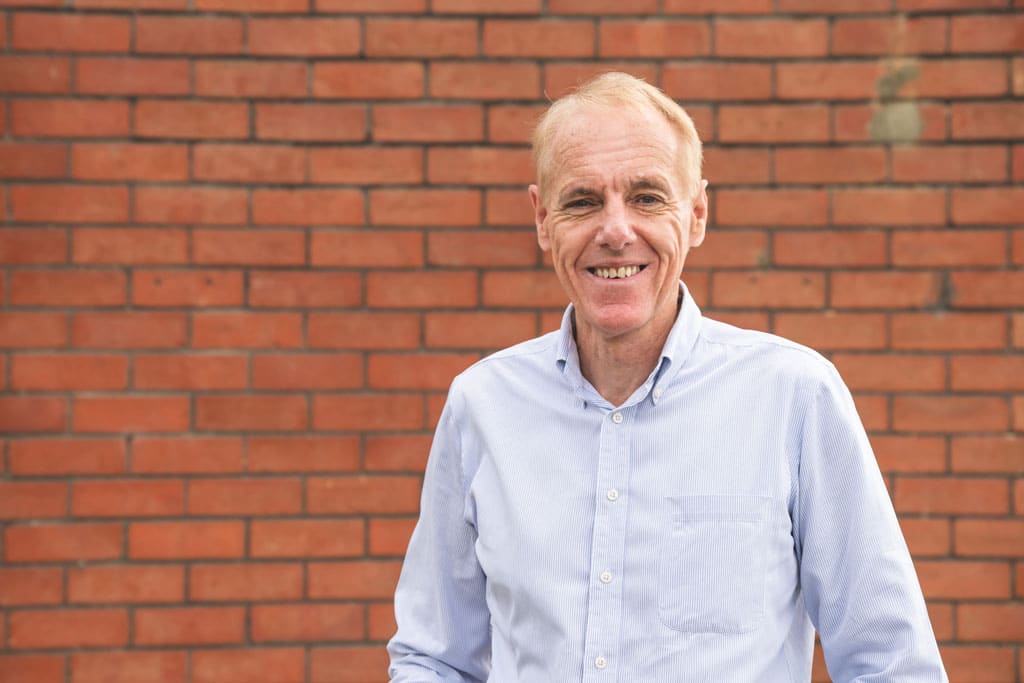Culture in Balance – Where Psychological Safety Meets Accountability

Psychological safety is a hot topic in today’s workplaces, but is it sometimes used as a shield against accountability?
Every leader wants a culture where people speak up, take ownership, and deliver results. But too many teams fall into one of two spaces. Some end up in the Comfort Space: psychological safety is high, but accountability slips, tough conversations are avoided, and standards soften. Others are stuck in the Pressure Space: accountability is high, but psychological safety is low. Here, people feel the relentless demand to deliver but hesitate to challenge or reveal any vulnerability—a risk to growth and agility in workplaces facing constant change.
The answer is a One Team Culture—where psychological safety and accountability meet. In a One Team culture, everyone, from leadership down, is aligned by shared purpose and a commitment to work together. People know they can speak up without fear, and they’re equally clear on their responsibility to deliver. This is culture in balance—a One Team culture, where safety and accountability reinforce each other, empowering teams to thrive even in uncertain times.
Comfort vs. Pressure Space
Teams in the comfort space feel safe but without accountability, so they tend to drift and stagnate. Feedback gets watered down, tough issues are sidestepped, and innovation stalls. For example, a technology team get so focused on “safe space” that critical flaws are ignored until it is too late. Comfort puts growth at risk.
The pressure space is the opposite. Team members feel accountable and are driven to deliver, but without psychological safety, there’s little room for the openness and trust top teams need. Tension stifles trust, and defensiveness limits collaboration and innovation. Think of project teams that meet deadlines at any cost, but no one dares to speak up. People leave or burn out. Accountability alone can be counterproductive.
The ideal is a one team culture which happens when psychological safety and accountability are in balance. People speak up, and there’s a shared commitment to deliver results. This balance is exactly what’s needed to foster resilient, agile teams, ready to perform at their best.
Building a Collaborative One Team Culture
One team culture goes beyond alignment within a single team—it’s about creating a networked “team of teams,” united by clarity and connection. With a clear purpose and commitment to shared outcomes, this culture keeps the organisation adaptable and united.
For example, a leadership team in aged care needed a major reset. Bogged down by silos and frustrated by missed targets, they committed fully to a one team culture. They tackled real conflicts over priorities, sending a clear message of unity and readiness for tough conversations. Within weeks, they’d unblocked critical bottlenecks delivering stronger outcomes in a highly complex and uncertain environment.
Practical Steps for Leaders to Create a One Team Culture
Balancing psychological safety with accountability takes deliberate action. Here are three practical ways to make it happen:
- Strengthen Cross-Team Collaboration: Connection is the glue that makes a one team culture resilient. Leaders can break down silos by creating real opportunities for teams to collaborate beyond their usual boundaries. Cross-functional projects, shared problem-solving, and open forums can make connection a reality. These practices turn individual efforts into collective progress, showing that everyone’s work impacts the bigger mission.
- Clarify Purpose and Expectations: Psychological safety doesn’t mean relaxing standards—it means being crystal clear about them. Leaders set the tone by aligning the team with a common purpose, establishing specific goals, and making it clear that honest feedback and continuous learning are non-negotiable for high performance. When everyone understands the purpose and expectations, people feel empowered to contribute fully.
- Make Accountability a Daily Practice: Accountability is a discipline, not a once-in-a-while conversation. Leaders embed it by building routines for feedback sessions, constructive challenges, and quick reflection huddles. These habits reinforce accountability as a shared commitment rather than a directive from the top.
Leading with One Team in Times of Uncertainty
A balanced culture isn’t a nice-to-have; it’s essential in uncertain times. As a leader, committing to a one team culture means bringing psychological safety and accountability together, creating teams that are clear on purpose and ready to deliver. This balance drives resilience and high performance—allowing your team to face challenges head-on.
When you lead this way, you’re not just guiding your team to meet today’s demands—you’re equipping them to adapt and excel, no matter what comes next. Start now: build a culture in balance that thrives in uncertainty and drives results when it matters most.
Written by Graham Winter.
Have you read?
Best Non-Native English Speaking Countries In The World.
Countries With The Largest Household Size.
World’s Best (And Worst) Countries For Older People To Live In.
Bring the best of the CEOWORLD magazine's global journalism to audiences in the United States and around the world. - Add CEOWORLD magazine to your Google News feed.
Follow CEOWORLD magazine headlines on: Google News, LinkedIn, Twitter, and Facebook.
Copyright 2025 The CEOWORLD magazine. All rights reserved. This material (and any extract from it) must not be copied, redistributed or placed on any website, without CEOWORLD magazine' prior written consent. For media queries, please contact: info@ceoworld.biz








